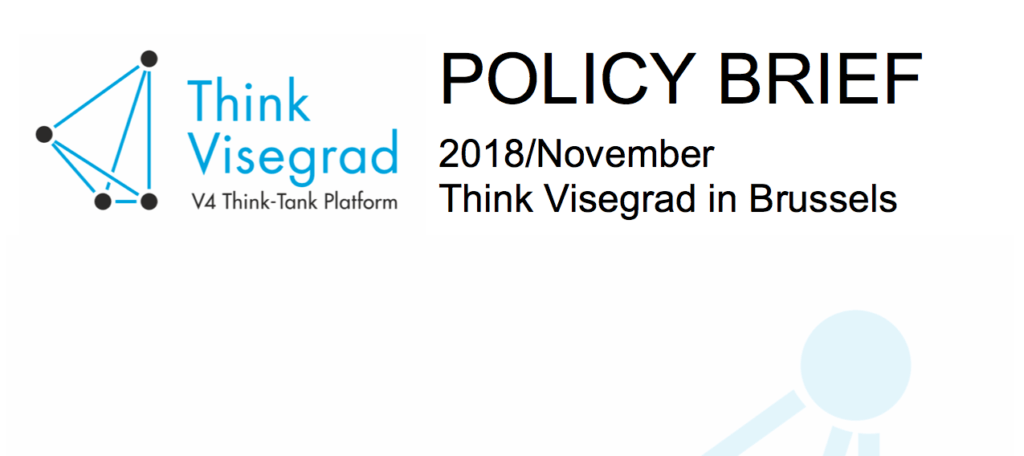Can the V4’s Priorities shape “Europe’s Priorities”?

In the Commission’s view, the emerging challenges require the rethinking of traditional policies in order to adapt to the new context. That refers to the restructuring and division of classical policies (e.g. Cohesion) among different headings, which is made necessary by the priorities being complex and multi-faceted. The “key crosscutting priorities” are named by the EC as digi-tal economy, sustainability, security, migration, human capital and skills, support for small businesses, and innovation.
The new priorities impact the revenue side as they require the increase of the budget, where the proportionate savings and redeployments need to be combined with additional sources. Hence, the new priorities should be financed predominantly by new own resources. In the Commission’s view, the diversification of the sources of the budgetary income would lead to increase the resilience of the EU budget. Thus, gradually rebalancing the budget from nation-ally allocated programmes towards new priorities would ensure that both sides of the budget contribute to the Union’s political priorities.
In contrast to the EC’s vision, where the MFF appears as “A Modern Budget for a Un-ion that Protects, Empowers and Defends”, the Hungarian representative would rather see a “Budget for a Safe and Competitive Europe”; the Polish would rather define the MFF as “the overall framework for the EU to operate well and to fulfill its priorities”; and the Czech would rather determine “A Budget for Competitiveness, Convergence and Security”. That is not unex-pected since the EC’s vision only focuses on the protection- and defence-related priorities of the budget, while the V4 representatives would extend that focus to all priorities, or at least to the economic and societal dimensions as well. That result is in line with the assumption that the EC’s proposal serves the Union’s political priorities, and not Europe’s priorities.
You can download the whole publicaiton by clicking on the PDF button on the right of this article.





